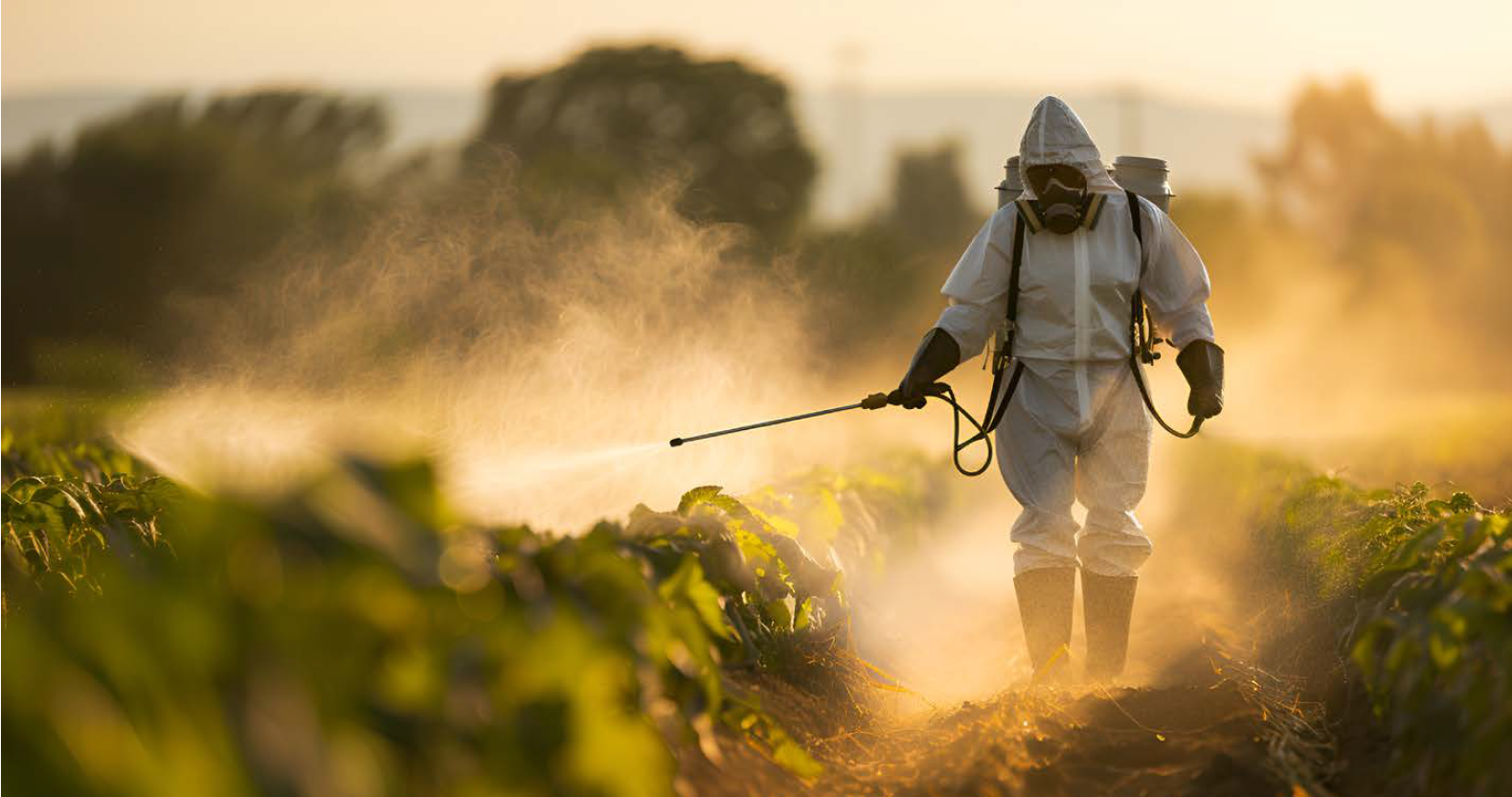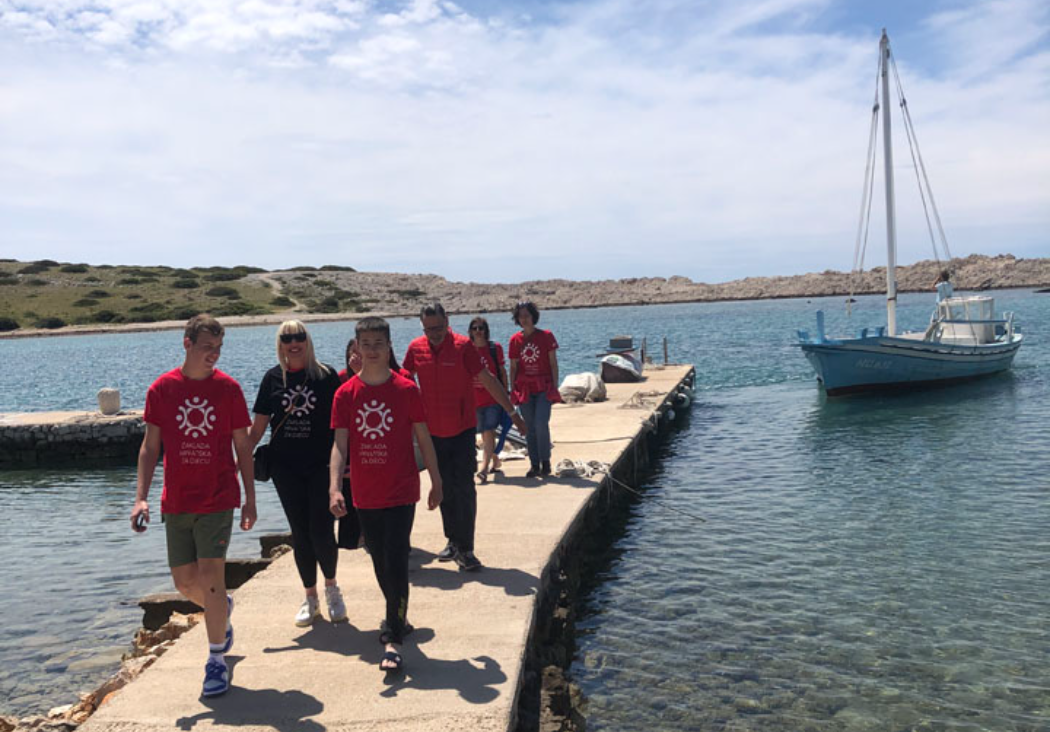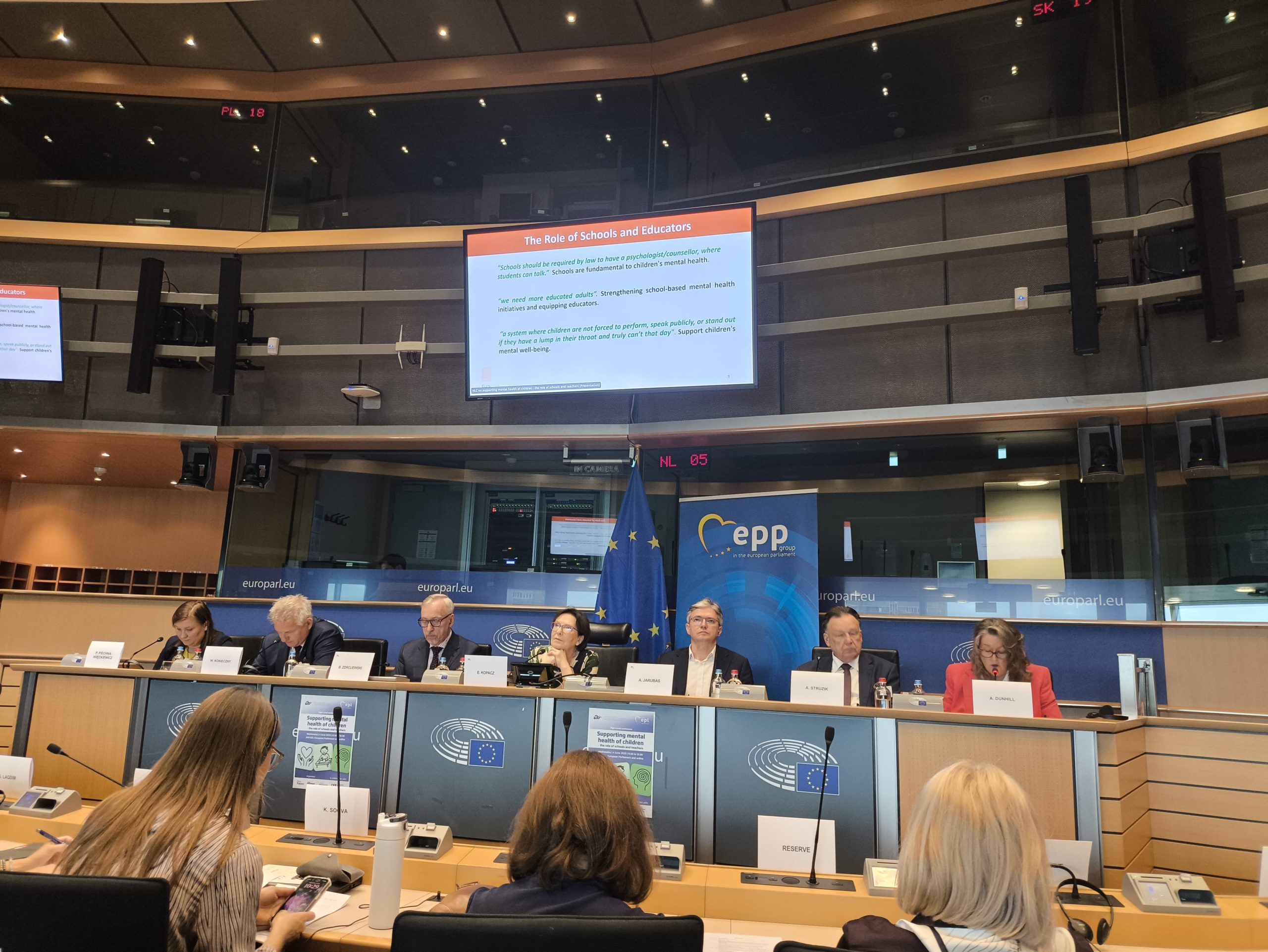EU urged to end double standards on pesticides linked to brain damage in children
Eurochild signs a joint statement demanding the end of EU’s production, export, and import of banned pesticides.
The EU has banned the use of a number of pesticides found to do serious damage to human health and the environment. However, companies remain free to manufacture these hazardous pesticides in the EU for export
to other countries with weaker regulations, putting human health and the environment at risk. The EU also allows the import of food and agricultural goods grown with pesticides banned on its fields, exposing European consumers to cocktails of dangerous residues and creating unfair competition for European farmers.
Over the past years, EU institutions have all recognised that there is a double standard here, which is problematic and should end. If the EU bans the use of certain pesticides because they are proven to be too dangerous for Europeans, it should not allow companies to keep manufacturing them for export, nor should it accept the import of food produced and contaminated with these substances.
A prohibition on the export and import of banned pesticides is an important first step, but it must be complemented
by other measures:
- Help for Farmers Abroad: The EU should support farmers in poorer countries to switch from dangerous pesticides to safer, sustainable methods like agroecology and integrated pest management.
- Stronger Rules for Companies: Pesticide sales should be included in EU rules on corporate responsibility, so companies can’t profit from banned chemicals abroad.
- Promote Safer Alternatives Globally: The EU should use its influence to encourage the global phase-out of banned pesticides and support safer options.
- Fix International Agreements: The EU must push to improve the Rotterdam Convention, which is being blocked by a few countries from listing more harmful chemicals.





